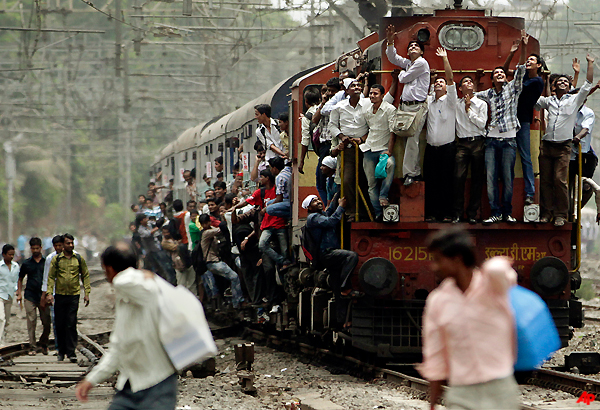
A situation has been developing at the morgue of the general hospital in the capital. Down for several months, bodies continue to arrive by the dozens every day in Haiti's largest hospital and are being left in the courtyard decaying and posing a health hazard for workers, patients and citizens.
According to information obtained by Haiti Press Network which spoke to a source at the State University Hospital (HUEH), the cooling system of the morgue is down.
"The bodies can not be kept." Some bodies were deposited in mass graves dug hastily in the locality Titanyen on National Highway #1, learned HPN.
"It is an alarming situation. corpses continue to arrive at the morgue who can no longer keep them. Bodies are rotting and endanger the health of crews in the morgue," said an official of the National Network for the Defense of Human Rights (RNDDH) which was alerted about the situation.
Facing this situation developing in the morgue HUEH, health authorities of the Ministry of Public Health and Population have asked not to receive the bodies. But problem! This is the public morgue reference where police continue to carry the victims of insecurity.
"Sometimes the bodies are placed in the courtyard of the hospital, and nobody knows what to do when families come to claim the body their families, we can not say that they are buried in pits," a source told to Haiti Press Network.
United Nations Peacekeepers assist
With a current total of nearly 36 000 U.S. dollars, the containers were made available to the morgue by MINUSTAH following a request made last night by the Ministry of Public Health and Population (MSPP) . Indeed, the country's health authorities have closed the morgue, where hundreds of bodies to carry out the repair of cold rooms and their refrigeration system.
The two containers previously belonged to the Japanese contingent of MINUSTAH, which left the country in December. "This rapid initiative is part of our ongoing efforts to support and support the Haitian authorities in their efforts to serve the people," said Sophie Boutaud de la Combe, spokesman for MINUSTAH.
Thursday 13 June 2013
http://www.defend.ht/news/articles/community/4514-bodies-pile-up-at-port-au-prince-general-hospital-morgue



